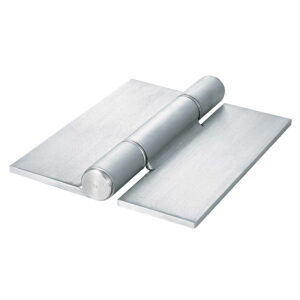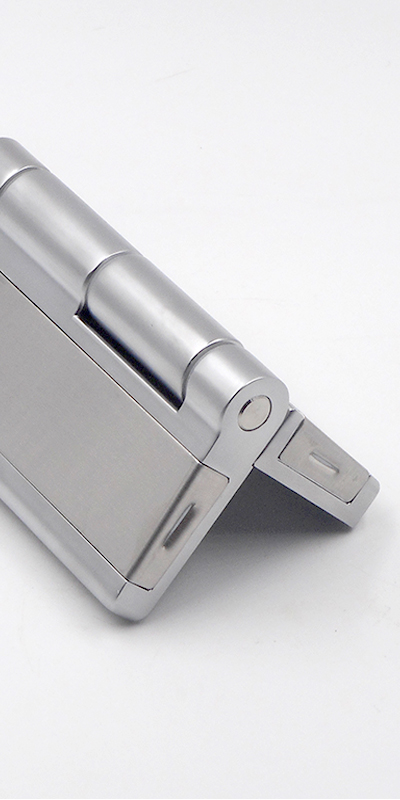When purchasing components for your industry, understanding the cost dynamics involved becomes critical. As with any product, hinges, despite their seeming simplicity, can present a wide range of cost variations based on their type and quality.
The cost of hinges varies based on several factors including the materials used, the manufacturing processes involved, their load-bearing capacity, durability, design customizations, prevailing market trends, and associated certifications or quality assurances. For instance, hinges made of stainless steel or those with intricate designs tailored for specific applications might be priced higher than standard designs.
This detailed exploration aims to shed light on the intricacies that determine the price points of various hinge types. Stick around as we dive deep into this world, ensuring you make the right choices for your industrial needs.
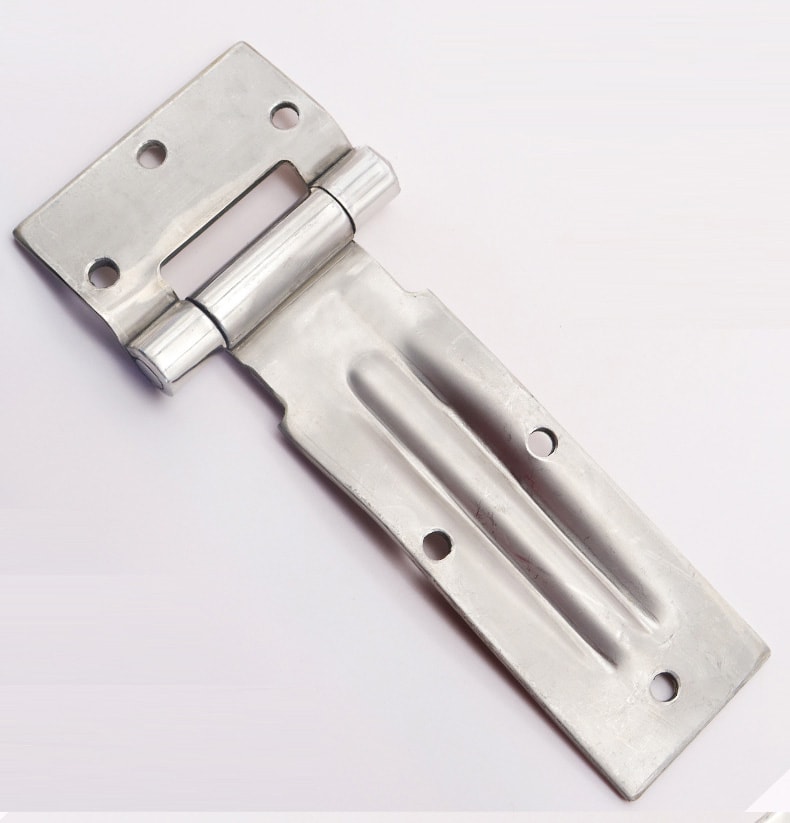
Materials Used in Hinge Manufacture
The core material of a hinge plays a significant role in determining its cost. Commonly, hinges are made from metals like steel, brass, or stainless steel, each with its own cost implication.
For instance, stainless steel hinges, known for their corrosion resistance, tend to be more expensive than standard steel hinges. On the other hand, brass hinges, while elegant and resistant to tarnishing, are typically pricier due to the cost of brass itself.
Manufacturing Processes and Cost
How a hinge is made directly impacts its cost. Mass-produced hinges, often created using die-casting or stamping, generally come cheaper due to economies of scale.
In contrast, hinges requiring meticulous craftsmanship, precision engineering, or specialized processes like CNC machining will invariably command a higher price point, reflecting the labor, expertise, and technology investments they entail.
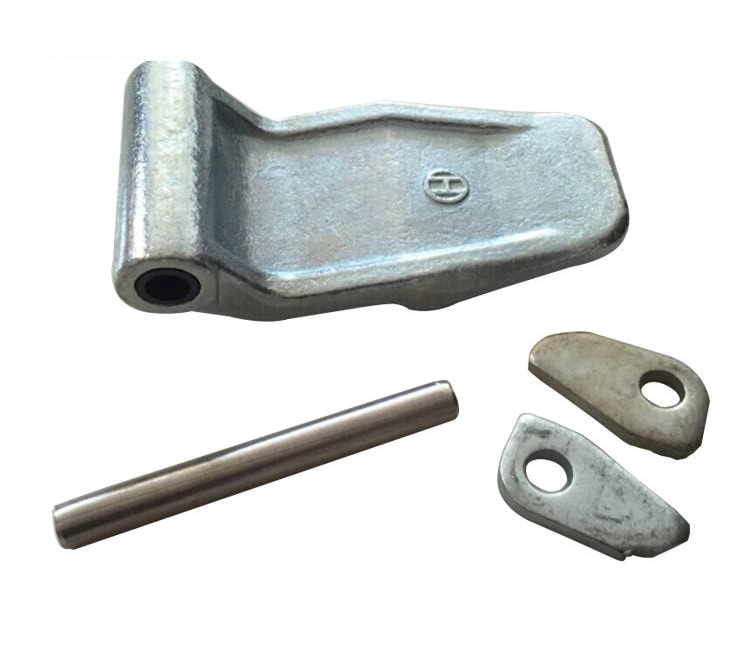
Load-bearing Capacity and Pricing
Not all hinges are created equal when it comes to weight support. Those designed to bear significant loads, like those used in heavy machinery, often incorporate robust designs and high-strength materials, leading to increased costs.
However, it’s essential to note that investing in high-load-bearing hinges is crucial where needed, as underspecifying can lead to operational failures, safety risks, and further costs down the line.
Lifecycle and Durability Considerations
It’s not just about the immediate costs but the long-term value. Hinges designed for longevity, offering extended lifecycles, and requiring minimal maintenance often come with a premium.
These hinges, while initially more expensive, can offer value in the long run by reducing the frequency of replacements and ensuring seamless operations over extended periods.
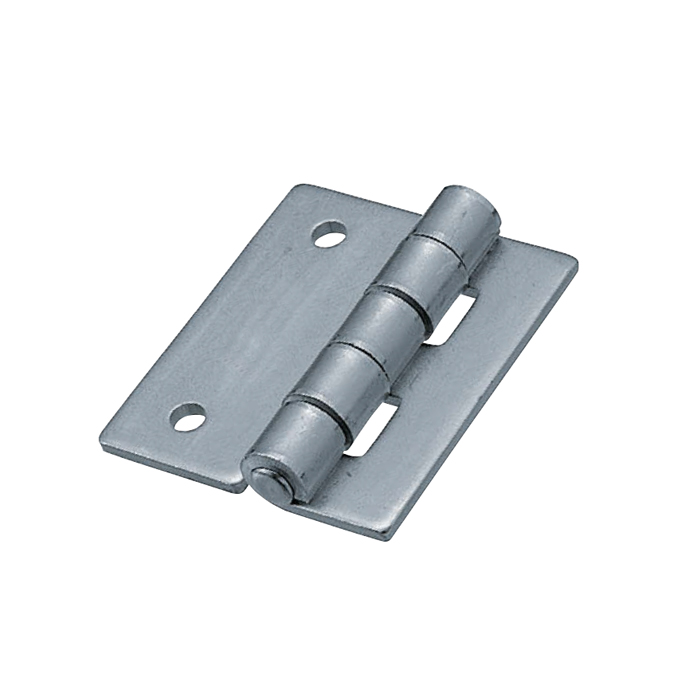
Hinge Designs and Customizations
Unique designs or custom requirements can affect hinge prices. Specialized designs catering to niche applications, or custom-made hinges tailored to specific requirements, will naturally be priced higher than standard off-the-shelf options.
However, these customizations can offer unparalleled performance in unique scenarios, justifying the additional costs associated with them.
Market Trends and Economic Factors
The global economic landscape and prevailing market trends can also influence hinge prices. Factors like raw material availability, global demand-supply dynamics, and even geopolitical scenarios can cause fluctuations in hinge pricing.
Being aware of these external factors and perhaps leveraging bulk purchases during favorable market conditions can lead to cost savings.
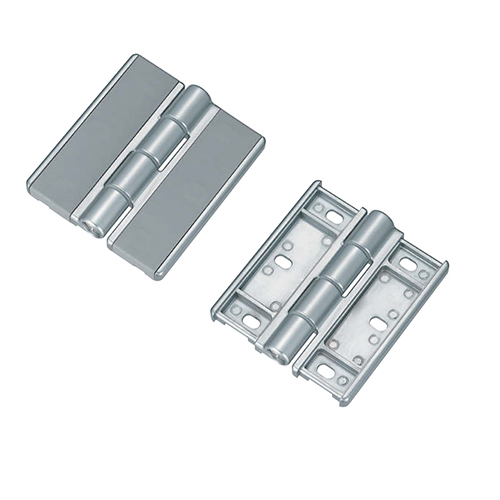
Certification and Quality Assurance
As discussed in previous sections, certifications and quality assurances can add to the cost of a hinge. Those backed by rigorous testing, quality checks, and reputable certifications are more likely to be priced higher, reflecting the quality and safety they guarantee.
Conclusion
Understanding the cost dynamics of hinges is essential for any industry, ensuring value for money without compromising on quality. Factors ranging from materials and manufacturing processes to certifications play their part in dictating these costs.
For those seeking the perfect blend of quality and cost-effectiveness, IHINGES stands out as a beacon. Specializing in industrial hinges, our commitment is unwavering: top-tier quality at unmatched prices. Let us tailor-make the perfect hinge solution for your industrial needs, ensuring operational excellence and longevity. Reach out today for a bespoke quote.
You might also be interested:


